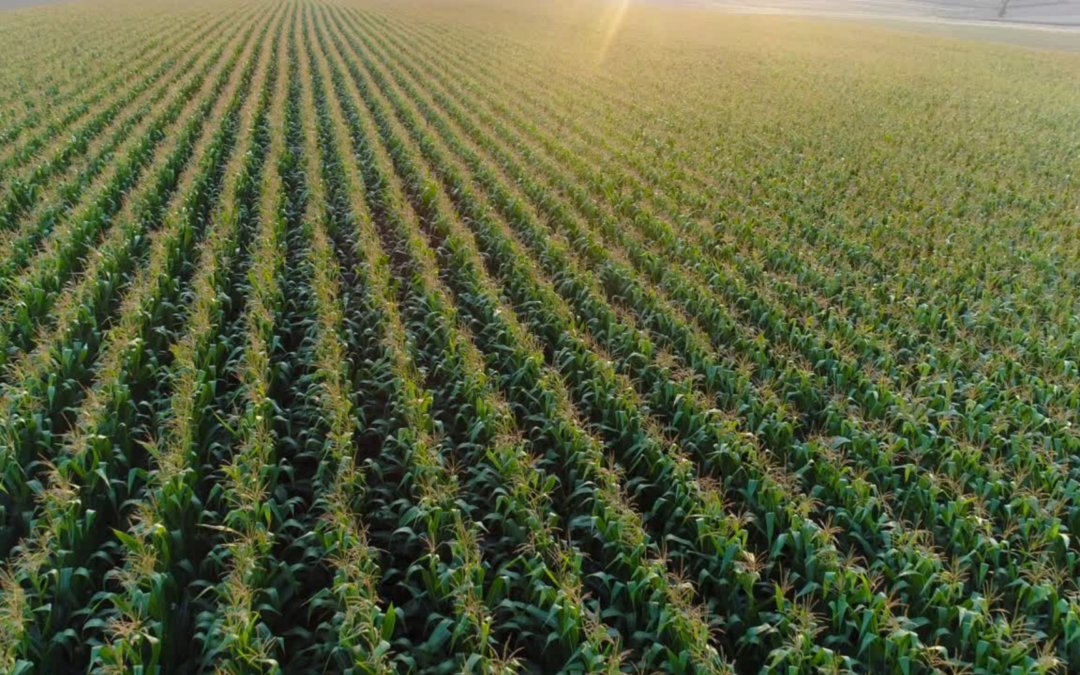In the world of agriculture, understanding the true value of your business is not just about knowing your assets but also about recognizing how market positions and industry trends can affect your company’s worth. For agricultural business owners, a precise valuation is crucial, whether planning for a sale, seeking investment, or looking to expand. This blog will guide you through the essential strategies for valuing an agricultural business accurately and effectively.
Understanding the Basics of Agricultural Business Valuation
Valuing an agricultural business involves several unique considerations that differ from other industries. The value of an agricultural operation hinges not just on physical assets like land and equipment but also on less tangible factors such as the business’s location, its market access, and even the climate conditions affecting production capabilities.
Asset-Based Approach
The most straightforward valuation method in agriculture is the asset-based approach. This method tallies up all the investments in the business, including land, buildings, machinery, and livestock. However, it’s crucial to adjust these assets for depreciation and potential marketability. For example, while land generally appreciates, machinery may lose value over time due to wear and tear.
Income Approach
Another effective valuation method is the income approach, which focuses on the revenue-generating potential of the business. This method is particularly relevant for agribusinesses where future profitability can be reasonably forecasted. It involves calculating the present value of expected future cash flows. This approach requires a deep understanding of both the business’s financial records and the factors that drive agricultural profits, including yield rates, market prices, and operational efficiency.
Market Approach
The market approach to valuation involves comparing your business to similar ones that have recently been sold or valued. This method can be somewhat challenging in the agricultural sector due to the uniqueness of many farming operations and the variability of market transactions. However, it can provide valuable context and a reality check against other valuation methods.
Key Factors Influencing Agricultural Business Valuation
Economic and Market Trends
Agricultural markets are notably volatile, subject to changes driven by everything from local weather conditions to global economic shifts. Trends such as the increasing demand for organic produce or biofuels can significantly affect the value of related agricultural businesses by increasing potential revenue streams.
Regulatory Environment
Changes in agricultural policies and regulations can also impact business valuation. Subsidies, tariffs, and environmental regulations can alter the operational landscape dramatically. A savvy business valuation must take into account current and anticipated regulations that could affect profitability.
Technological Advancements
Technology plays an increasingly crucial role in agriculture, from drone technology and precision farming to biotechnology. Investments in advanced technology can significantly enhance an operation’s efficiency and yield, thus increasing the business’s value. Valuations should consider both current technological assets and the business’s capacity to integrate future innovations.
Practical Steps to Valuing Your Agricultural Business
- Gather Comprehensive Financial Records: Accurate and detailed financial records are the foundation of a credible valuation. Ensure you have up-to-date records that reflect your business’s current financial status and past performance.
- Conduct a Market Analysis: Understand where your business stands in the broader market. This includes analyzing competitors, understanding the supply chain, and identifying your customers and their preferences.
- Evaluate Assets Thoroughly: Assess all physical and intangible assets. Don’t overlook aspects like proprietary farming techniques or longstanding supplier relationships.
- Forecast Future Earnings: Utilize historical data and market analysis to project future earnings. Consider external factors like market trends and internal factors like operational improvements.
- Consult with Experts: Valuing an agricultural business can be complex. Working with professionals who understand both valuation principles and the nuances of agriculture is crucial.
The process of valuing an agricultural business is multifaceted and requires a thorough understanding of both general valuation principles and the specific challenges of the agricultural sector. By applying these strategies, you can achieve a clearer picture of what your agricultural business is truly worth, enabling better decision-making for the future.
Are you considering selling your agricultural business, or perhaps you’re just interested in knowing its current market value? Contact Meritus Group at (605) 252-9520 or via email at INFO@MERITUS.GROUP for a FREE opinion of valuation. Our experts specialize in agricultural businesses and are here to provide you with a comprehensive and accurate valuation, tailored to the unique aspects of your operation. Let us help you understand your business’s value in today’s market—reach out today!

